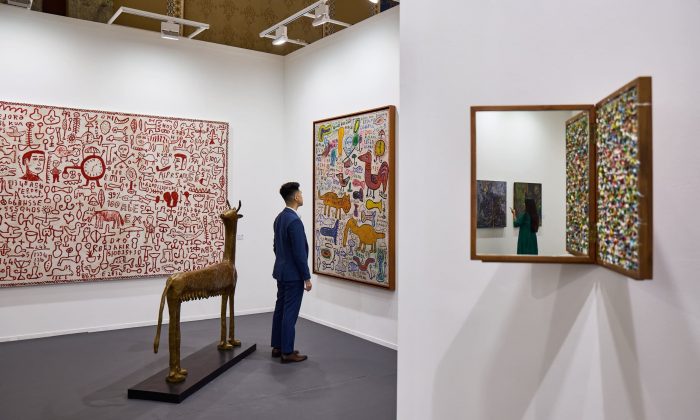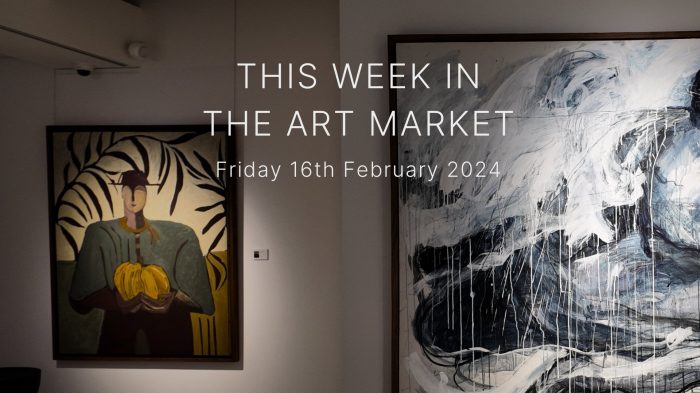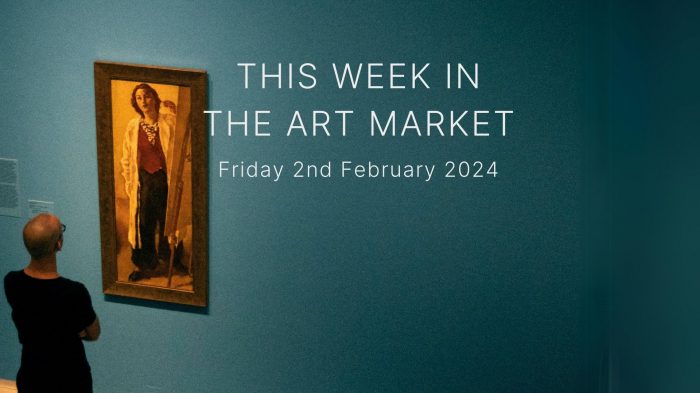Whether you are collecting art out of passion or investment, the role of galleries and dealers is paramount to your understanding of current trends in the market.
Just like you have financial advisors, portfolio managers, accountants and lawyers, different aspects of your art portfolio can be better managed by an art dealer you trust – from basic inventorizing and insurance to research and analysis.
Galleries display and exhibit works from artists in an effort to sell the works to collectors. The managers or owners present, arrange and promote exhibitions in structured shows & events, as well as day-to-day displays to ensure that the right sort of buyers can view, review and purchase the works.
Art dealers build relationships with selected artists to showcase artworks that contribute to the market. They render their support with continual feedback to the artists, bringing opportunities such as commissioned artworks and more recently, collaborations that freshen up the art market.
Galleries operate as a business mainly from the sale of artworks they have private access to. Countless hours are spent on hosting events and developing worthy exhibitions, marketing and networking with key buying groups.
The success of a gallery hinges on its relationship and growth with acclaimed artists whose artworks are in demand by art collectors around the world. With the rise of the ‘art investor’ market, galleries have a unique opportunity to push works with higher growth potential over more traditional exhibitions.
Meanwhile, the art dealer works more like a player manager for footballers. They look out for new, emerging and established artists to represent, networking with collectors, galleries and buyers’ agents who are likely to purchase or view the works.
The key for art dealers is that they bridge the gap between artists, galleries and consumers. They are ‘market creators’ of sorts. This allows the artists to continue creating beautiful works, in the knowledge that the dealers are out ‘pounding the pavements’ and representing their interests. Dealers often travel extensively around the world to champion their artists’ works.
So, why are art dealers and galleries so important to your collection? They are the ones who bring artworks out from studios into the light so that you as an art collector or investor are informed and aware of your purchase. They make or break artists and can assist in the future of your art collection through proving insights of artists whose works are on the rise.
Essentially, whether you are a new or seasoned investor in art, it is best to continually seek independent, external advice on your potential collection. Find out which artists are on the rise apart from styles and genres that are increasingly popular. Ask yourself who is buying what and why? This will ultimately give you deeper insight into successfully building a portfolio that will grow in value and is liquid in a market with demand.
Art Works offer art investors such services, sourcing works from around the globe that offer art as an investment that will appreciate in value while providing incremental lease income opportunities. Speak to the expert team today to learn how Art Works can help your art portfolio.








